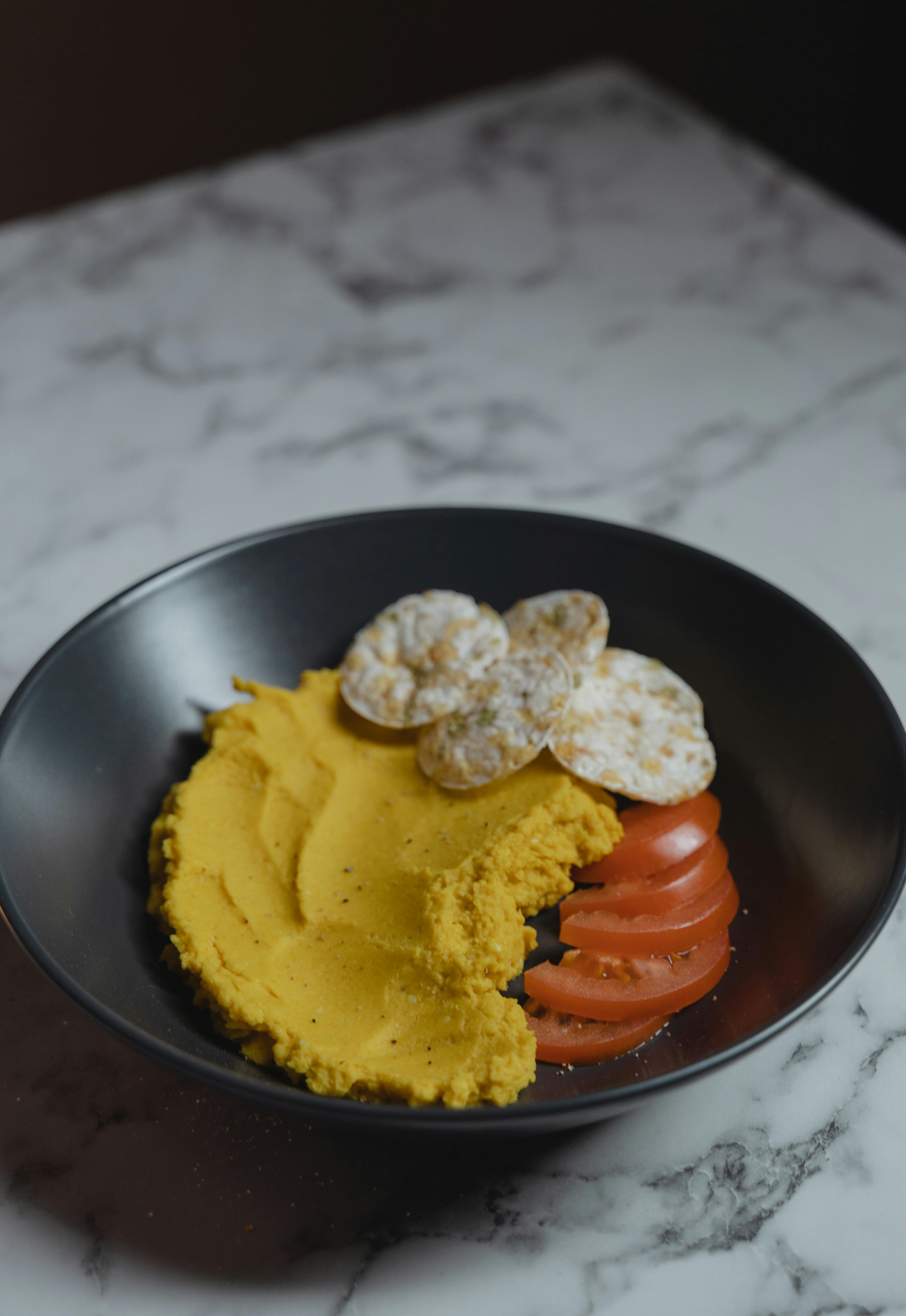
Understanding Diet Mountain Dew and Its Caffeine Content
Diet Mountain Dew, a popular diet soda, is known for its refreshing taste and low-calorie content. For many, the caffeine content is a significant factor when choosing a soft drink. With a typical 12-ounce (355 ml) serving containing about 54 mg of caffeine, it's essential to understand how this compares to other beverages and its potential health effects. In this article, we will explore the caffeine levels in Diet Mountain Dew, its ingredients, nutritional facts, and the implications of caffeine consumption.
As consumers become more health-conscious, understanding the components of beverages like Diet Mountain Dew is crucial. The soda's caffeine levels can impact hydration, energy management, and overall health. We will also discuss Diet Mountain Dew's flavor varieties, compare it with regular Mountain Dew, and offer insights into healthier beverage choices.
Stay tuned as we delve into the fascinating world of Diet Mountain Dew, unveiling beneficial tips on managing your caffeine intake while enjoying flavorful soft drinks.
What Are the Caffeine Levels in Diet Mountain Dew?
Many people wonder, "Does Diet Mountain Dew have caffeine?" The answer is a resounding yes. With approximately 54 mg of caffeine per 12-ounce serving, Diet Mountain Dew falls in line with other soft drinks containing caffeine but stands out for its unique flavor and low caloric content. This caffeine level is comparable to that of caffeine in popular energy drinks, but it is essential to recognize how Diet Mountain Dew's caffeine content affects health.
Understanding how much caffeine is in Diet Mountain Dew helps in making informed dietary choices. For comparison, a regular Coca-Cola contains about 34 mg of caffeine per 12-ounce serving, while a cup of brewed coffee typically contains around 95 mg. This places Diet Mountain Dew on the lower end of the caffeine spectrum when measuring against beverages like coffee.
Monitoring caffeine consumption is essential, particularly for those sensitive to caffeine or managing health conditions affected by it. Knowing that Diet Mountain Dew offers a moderate caffeine content can guide individuals in balancing their overall intake, especially in a day filled with various beverage choices.
The Ingredients in Diet Mountain Dew
To fully appreciate Diet Mountain Dew's caffeine content, it's important to understand its ingredients. The main components include carbonated water, citric acid, aspartame (an artificial sweetener), caffeine, and natural flavors. Aspartame is often a point of contention among health-conscious consumers, leading to questions about the safety and effects of artificial sweeteners.
Beverage labels can often be misleading, and Diet Mountain Dew ingredients are no exception. Keeping track of these ingredients helps consumers make informed choices, especially regarding sugar content and calories. With zero sugar and calories, Diet Mountain Dew presents a low-calorie alternative to traditional sodas.
As consumers become more aware of their dietary choices, understanding the role of ingredients like aspartame can impact the decision to choose Diet Mountain Dew over regular sodas. Is the risk worth the reward? This leads us to consider the health effects of caffeine and artificial sweeteners.
Health Effects of Caffeine
Caffeine is often praised for its ability to improve focus and energy levels but can also pose risks when consumed excessively. It's essential to consider the impact of caffeine on health before indulging in your favorite caffeinated beverages. Regular caffeine consumption can lead to increased tolerance, dependency, and withdrawal symptoms such as headaches and fatigue after cessation, which can impact daily life.
The effects of too much caffeine also extend to anxiety and sleep quality. Individuals sensitive to caffeine may experience heightened anxiety levels or difficulty sleeping. Therefore, being mindful of responsible caffeine consumption is crucial, especially when enjoying beverages like Diet Mountain Dew.
Diet Mountain Dew vs Regular: A Comparative Look
When choosing between Diet Mountain Dew and its regular counterpart, several factors come into play. In terms of caffeine, Diet Mountain Dew has about the same caffeine level as regular Mountain Dew, which contains roughly 54 mg of caffeine per 12-ounce serving. However, the key distinction is in calorie content and sugar.
Diet Mountain Dew calorie count is zero, making it a favorite among those monitoring their caloric intake. Regular Mountain Dew, on the other hand, contains about 170 calories per 12-ounce serving, primarily from sugars. This significant difference appeals to individuals seeking a low-calorie soda option.
In this soft drink battle, the choice may boil down to individual health goals and preferences regarding artificial sweeteners. While Diet Mountain Dew offers low-calorie benefits, it's important to consider any potential drawbacks of its ingredients.
Exploring Caffeine-Free Alternatives
For those seeking caffeine-free alternatives, there exists a variety of options on the market. Numerous brands now offer caffeine-free sodas that provide similar tastes without the stimulating effects of caffeine. Exploring these alternatives can be an excellent approach for individuals with caffeine sensitivity and those who want to maintain hydration without the jittery side effects.
Options like caffeine-free cola or herbal sodas can deliver flavor without the worry of caffeine affecting anxiety or sleep quality. Many consumers find success in seeking these alternatives as a way to enjoy carbonated beverages while making healthier choices.
There are also compelling reasons to explore caffeine-free drinks, particularly for individuals seeking to reduce their overall caffeine intake for better health management. Understanding how to navigate the beverage landscape can lead you to the best options suited for your lifestyle.
```